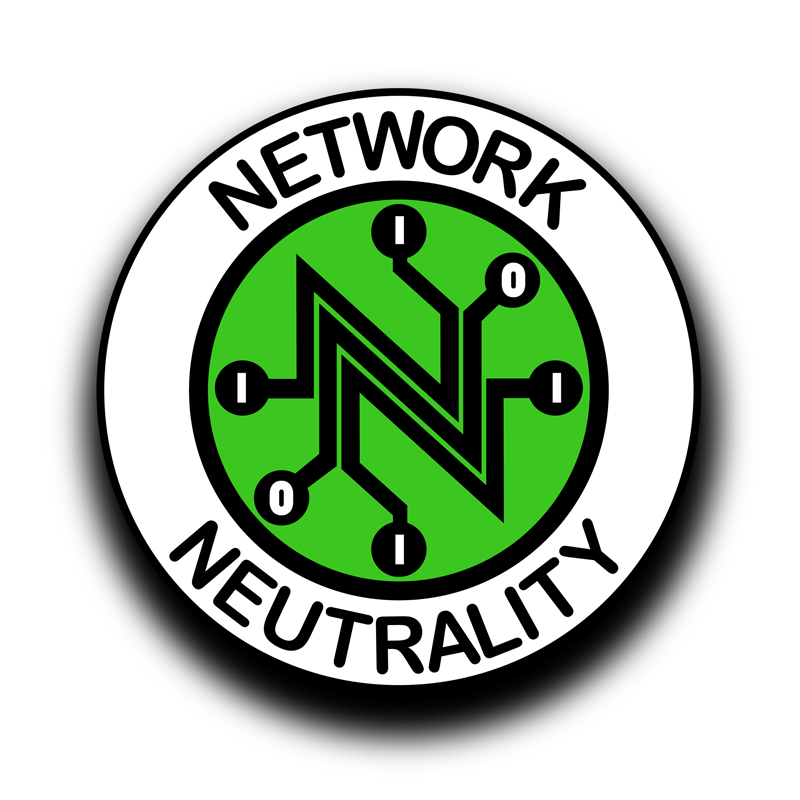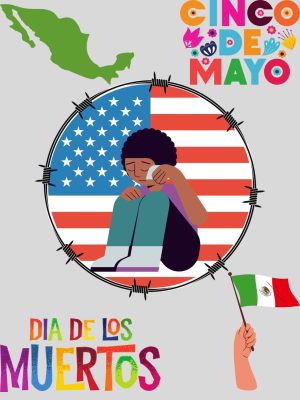‘To Be or Not to Be’
Net neutrality explained
December 14, 2017
After a suggestion from FCC Chairman Ajit Pai to repeal a bill that guaranteed equal access for all internet users in 2015, the concept of net neutrality hinges on a decision to be made at a later meeting – as soon as December 14.
According to Lindsey Jacobson at ABC News, Net Neutrality is defined as “the principle that Internet Service Providers (ISPs) treat all content equally and not give preference to some digital content providers.”
In his official statement, as found on the FCC’s government website, Pai said that a repeal of the Obama-era net neutrality bill is ideal.
“[The FCC proposes a repeal of] utility-style regulation of the Internet, a return to the Clinton-era light-touch framework, and to put technologists and engineers, rather than lawyers and accountants, at the center of the online world,” Pai said.
According to Mediapost, a site centered around online marketing, a repeal of the net neutrality bill would greatly impact providers.
“The central question surrounding net neutrality is simple: is the internet a public utility (like water) or a service (like airline travel) that can be infinitely up-sold to consumers?” staff writer Elizabeth Bleser said. “On the most basic level, brands will end up paying more to have their content published online. We who create digital marketing efforts could see a day when the services we provide to our clients are completely obsolete or ineffective as the result of this massive policy.”
According to the Hill, net neutrality will affect consumers as well: possibly more than brands.
“Under the changes, mobile broadband providers would be able to let consumers access certain content without using up their data plans,” staff reporter Ali Breland said. “If net neutrality goes out the window, so will the restrictions limiting those free data plans, making it easier for customers to access some content – but content their providers favor. Consumer groups and smaller internet companies fear broadband providers could offer faster internet speeds to companies that pay up and slow down those [that] don’t.”
The final decision on whether or not to repeal the bill will be decided tomorrow, December 14. National Public Radio(NPR) news station spoke with “chief legal and business officer at Mozilla” Denelle Dixen on Pai’s plan and what it means to users.
“‘We haven’t actually lived in a world where [Internet Service Providers] could block access,” Dixen said. “‘This is the world we need to imagine now.’”







